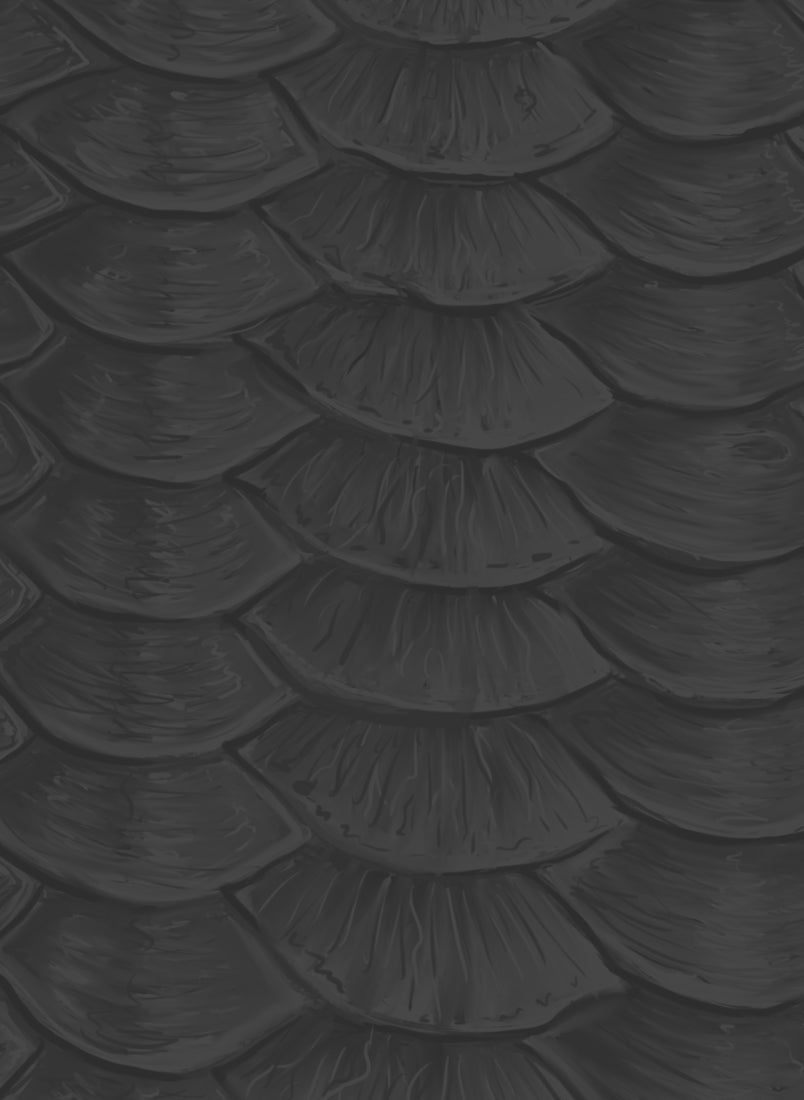“Viaje al Aprendizaje” (Journey to Learning) is an environmental education program designed specifically for the communities that have influence in the conservation of the Jungle Tarpon Reserve, known locally as Refugio Nacional de Vida Silvestre Caño Negro. This wildlife refuge in the northern plains of Costa Rica protects one of the most important wetlands in Costa Rica and represents one of the most productive ecosystems in the country, therefore its conservation has a wide-ranging impact.
In 2021 Fly Fish Costa Rica established a permanent environment education program for local children. The idea behind the program is to impact the behavior of the entire family through the enthusiasm of the boys and girls who participate. It is based on rediscovering the wetland, its importance and its threats, but above all in protecting it both on an individual and collective basis.
In 2023 thanks to the support from YDCCF, Fly Fish Costa Rica, and Caño Negro Experience Nature Tours, a deeper immersion 3-week camp was developed and executed. The camp focused on environmental education for children from the communities within the District of Caño Negro. The camp used the methodology of "playing to learn, experimenting to learn, traveling to learn and sharing to learn”. Included were topics specific to strengthening the participants’ knowledge of the biodiversity within the Refugio Nacional de Vida Silvestre Caño Negro, as well as understanding specific threats to this biodiversity, the importance of this ecosystem, and opportunities for its conservation with the help of local action. 10 participants between the ages of 11 and 13 were invited, considering different aspects such as being a member of the local community; having previously participated in the 1-day "Viaje al Aprendizaje" workshops and having demonstrated interest and proactivity in environmental issues. This process was used to ensure that the participants were connected to and invested in the goals of the program.
Going forward, the program’s goal is to incorporate new participants from additional communities near the wetland. Many of these children live in vulnerable environments (family, economic and social) so this program represents an alternative path. One of the takeaways from the first year was the need to reinforce themes specifically related to the protection of the wetland and responsible fishing. Additionally, there will be a focus on sharing themes related to art to stimulate the participants’ creativity, sensitivity and other abilities. Finally, there is an opportunity to address aspects of culture at the local level, as well as the relationship that exists between the Maleku indigenous territory, the Caño Negro wetland and the surrounding communities. The second year of the program will be run in January 2024, again with support from YDCCF.






























